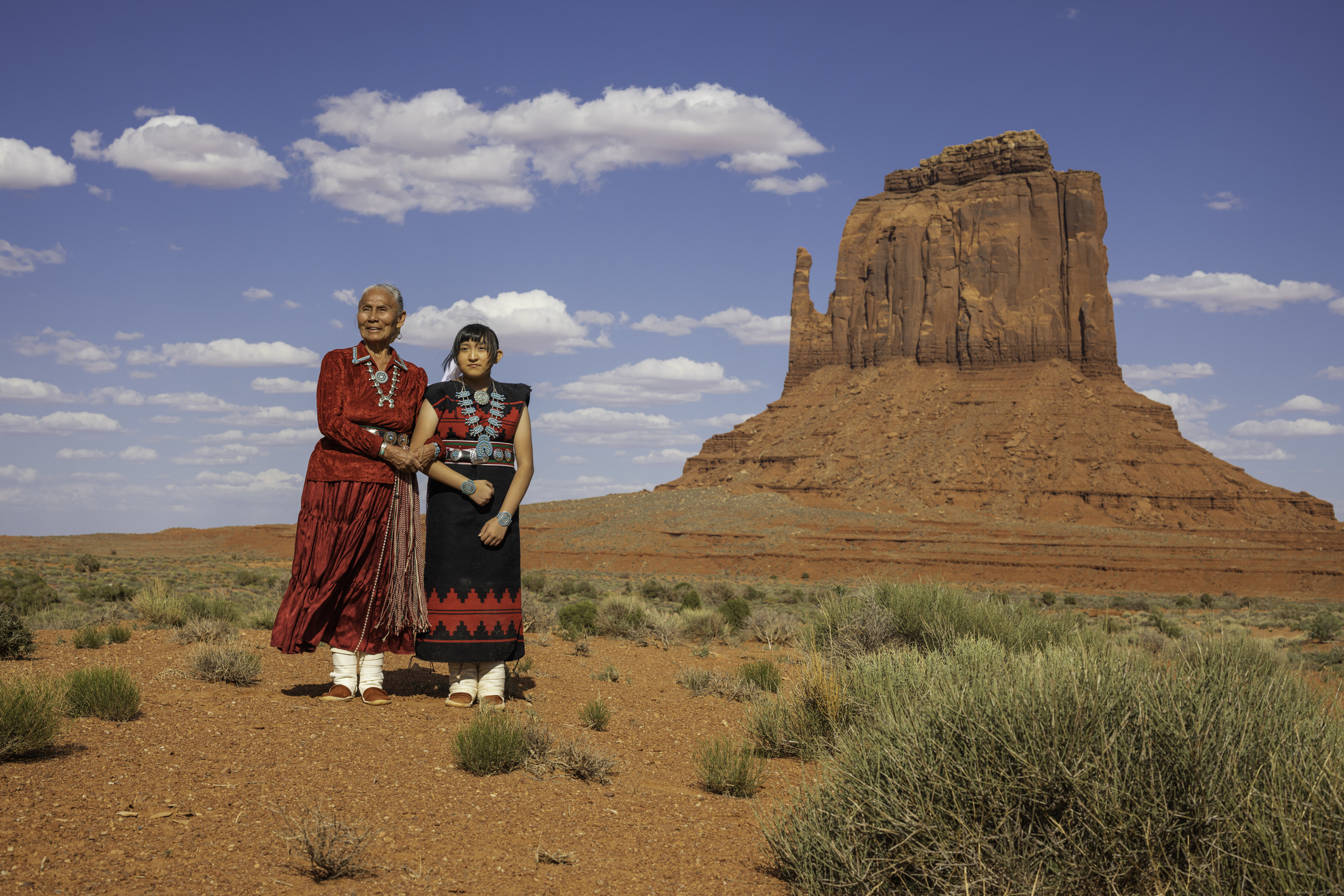
In 2021, the United States government established Indigenous Peoples’ Day on the second Monday in October to honor “American Indians, Alaska Natives and Native Hawaiians [who] have built vibrant and diverse cultures — safeguarding land, language, spirit, knowledge and tradition across generations.”
Although the holiday brings more recognition to Native American traditions and history, it is important to remember that the conversation regarding Indigenous communities is far from over, said Dr. Benjamin Davis, an assistant professor in the Department of Global Languages and Cultures at Texas A&M University and an affiliated professor with the Race and Ethnic Studies Institute within the College of Arts and Sciences.
“There is a tremendous lack of education surrounding indigenous communities,” Davis said. “Indigenous Peoples’ Day presents the opportunity as human beings to think about history, law and the culture we want to live in and create.”
The second Monday in October has historically been observed as Columbus Day, celebrating the arrival of Christopher Columbus in the Americas, often hailed as the start of the “new world.” However, long before his arrival, these lands were already home to Indigenous peoples and culture. Acknowledging this historical reality has led to a movement to recognize the profound impact of colonizing already-inhabited lands.
“In order to have access to public land, it first had to be taken away from indigenous communities,” Davis said. “This occurred legally through The Doctrine of Discovery.”
Originating in the 15th century, The Doctrine of Discovery refers to a legal principle in colonial law that allowed for European claims on indigenous land. Essentially, this principle asserts the belief that European settlers had the right to discover and claim ownership of land, regardless of native inhabitants. This was the principle that fueled the colonization of the Americas and forced removal of native populations.
“Viewing the United States as a settler nation often frames the settler identity in a positive light, which can lead to viewing Columbus in a positive way,” Davis said, “The Doctrine of Discovery is enshrined in law; it is not simply a statue that we celebrate. The land we walk on and the water we swim in carry this sense of discovery.”
The administration of President Joe Biden issued the inaugural proclamation in 2021 that shifted focus from Columbus Day and the history of colonization to the deep culture shared by indigenous peoples.
“It’s an opportunity to engage with ways of life that are still with us but that are not usually taken as a site of academic concern or institutional priority,” Davis said. “Disregarding Indigenous communities is a way of making them less visible.”
Indigenous Peoples’ Day pushes back on this invisibility, placing the perspective of Native American and indigenous people to the forefront, and offering non-native people the opportunity to deepen their understanding of native culture and struggles, emphasizing that they are still present, and their identities continue to be valid today.
“The shift to Indigenous Peoples’ Day is a small request to reflect on what the idea of discovery has meant for those who are not settlers, those who have lived here for thousands of years,” Davis said.

